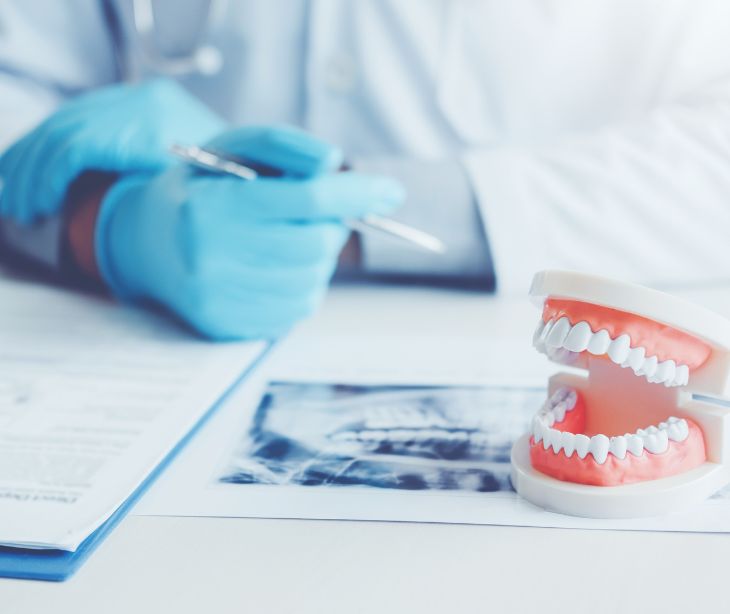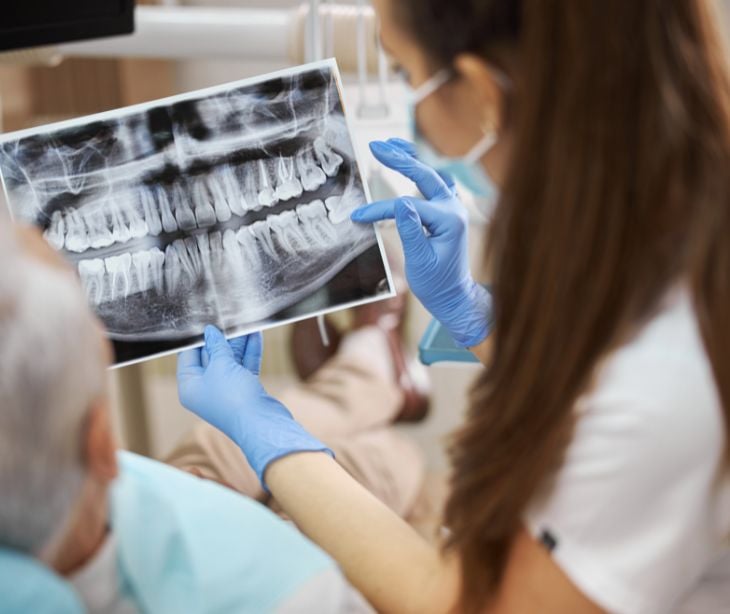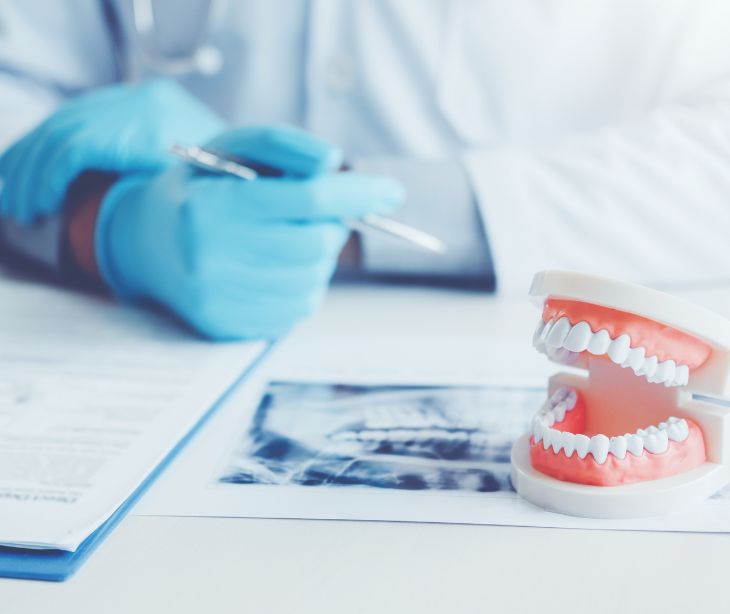2 min read
Can dentists send emails to patients about new dental procedures?
Liyanda Tembani
March 18, 2024

Dentists can send emails to patients regarding new procedures, but only after obtaining written authorization and implementing HIPAA compliant safeguards. Dental practices must ensure their emails contain informative and engaging content while respecting patient privacy and complying with HIPAA regulations. For this purpose, use HIPAA compliant email services to protect patient information during transmission.
Email communication in dental practices
Dentists often use email to remind patients of appointments, share educational resources, and introduce new procedures or treatments. Email enables timely and convenient communication, empowering patients to participate in their oral health management. Healthcare marketing emails prioritize patient education and engagement while strictly adhering to privacy regulations.
Requirements for HIPAA compliant email communication
Patient authorization
HIPAA mandates that dental practices secure written authorization from patients before sending emails containing protected health information (PHI). According to the HHS, "these authorization forms should explicitly outline the nature of the information to be communicated via email and its intended use." Clear and transparent consent processes ensure patients understand the purpose of email communication and provide them with the option to opt out if desired.
Related: A HIPAA consent form template that's easy to share
Reasonable safeguards
Dental practices must implement reasonable safeguards to protect patient information during email transmission, as stipulated by the HIPAA Security Rule. That typically involves using encrypted email services or HIPAA compliant text messaging platforms to safeguard PHI from unauthorized access or interception. Encryption measures ensure the confidentiality and security of sensitive information, mitigating the risk of data breaches or privacy violations.
Additional tips and best practices
Patient privacy and confidentiality
Ensure patient privacy and confidentiality in all email communications within dental practices. Avoid disclosing unnecessary PHI and restrict emails to authorized recipients only. Upholding patients' rights to control their health information promotes trust and confidence in the dental practice.
Informative and engaging content
Dental practices should aim to provide valuable information about new procedures or treatments while maintaining conciseness and clarity. Integrating visual aids, such as infographics or videos, can further enhance the effectiveness of email communication by capturing patients' attention and facilitating understanding.
Read more: How to create an effective email marketing strategy?
FAQs
Is it acceptable to email patient reminders for upcoming appointments without obtaining consent under HIPAA?
Yes, HIPAA allows dental practices to send email reminders for upcoming appointments without obtaining explicit consent from patients. However, these reminders should not include sensitive information beyond basic appointment details, and patients should have the option to opt out of receiving such reminders if desired.
What should dental practices do if a patient requests to unsubscribe from receiving email communications?
Dental practices should promptly honor patient requests to unsubscribe from receiving email communications and update their preferences accordingly. Providing patients with clear instructions on how to unsubscribe from email communications and offering alternative communication options demonstrates respect for patient privacy and compliance with HIPAA regulations.
Read more: How to respond to a data breach
Subscribe to Paubox Weekly
Every Friday we bring you the most important news from Paubox. Our aim is to make you smarter, faster.




